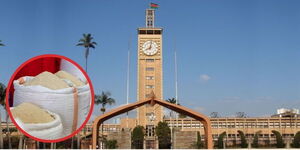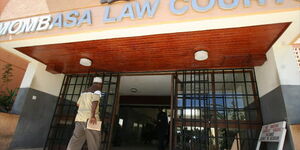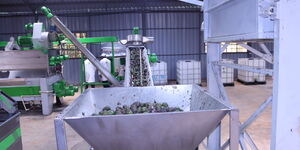Kenyans saving through cooperative societies could soon see stricter rules applied to their SACCOs following new proposals in Parliament aimed at tightening oversight and improving accountability in the sector.
The Sacco Societies (Amendment) Bill, 2025, sponsored by the Leader of Majority in the National Assembly, Kimani Ichung'wah, seeks to overhaul how liquidity and shared services are managed by secondary saccos such as the Kenya Union of Savings and Credit Co-operatives (KUSCCO).
Under the proposed changes, a new category called "Central Liquidity and Shared Services" has been introduced. This refers to the practice of pooling funds from multiple primary SACCOs under a central body, a model previously used by KUSCCO before its Ksh15 billion financial crisis earlier in the year.
If passed, the Bill will empower the Sacco Societies Regulatory Authority (SASRA) to license, regulate, and supervise all entities involved in central liquidity and shared services. This marks a shift from the previous system, where oversight was more loosely applied.
SACCOs involved in this type of business will also be required to open a Liquidity Reserve Account and operate under a mandatory code of conduct and governance framework. Failure to comply with the proposed rules could lead to a fine of up to Ksh3 million, a jail term not exceeding five years, or both.
"A person who contravenes this part of the Act commits an offence and shall be liable, on conviction, to a fine not exceeding three million shillings or imprisonment for a term not exceeding five years, or to both," the proposed bill reads in part.
The Bill further mandates SASRA to prescribe capital and liquidity requirements for all secondary sacco societies, giving the regulator more direct influence over financial health and risk management in the sector.
One significant proposed amendment targets the governance of the Deposit Guarantee Fund. The Bill recommends replacing the current seat held by the Commissioner for Cooperatives on the Board of Trustees with the Principal Secretary in charge of SACCOs.
This change is intended to align decision-making at the Fund with national policy priorities and streamline institutional accountability.
The Bill also offers updated definitions of secondary cooperative societies, distinguishing them from primary saccos, and clarifies their specific functions within the financial ecosystem.
These reforms come in the wake of public outcry following the collapse of several liquidity-sharing schemes, most notably the one run by KUSCCO, which left thousands of SACCO members in financial uncertainty.
By introducing specific licensing, governance, and penalty provisions, lawmakers hope to restore public confidence in SACCO institutions and shield members' savings from mismanagement.












